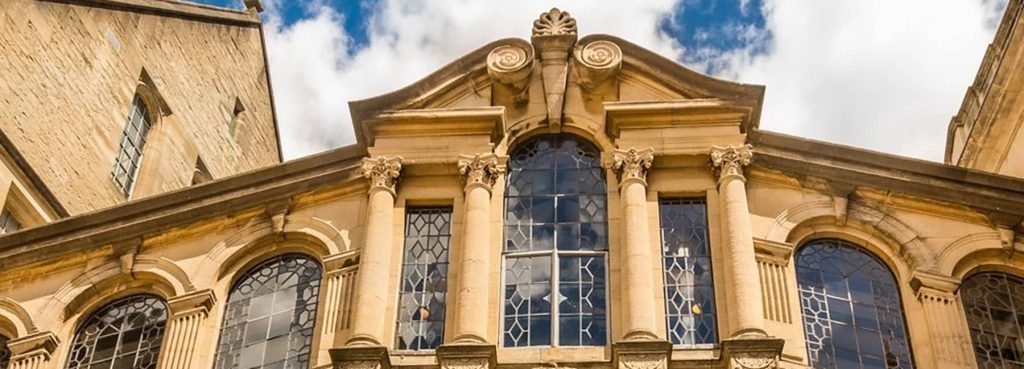When the U.S. Supreme Court struck down affirmative action in June 2023, colleges and universities across the country scrambled to find alternative solutions that promote diversity and inclusion in the admissions process. For many, this meant revising the supplemental essay prompts for the 2023-24 college admissions cycle to encourage students to write about their personal experiences based on race or ethnicity. These prompts act as a loophole to get around the affirmative action ruling.
Since the ruling, schools that continue to use legacy admissions have been under scrutiny. Legislators on both sides of the aisle are calling for an end to the practice, and public opinion overwhelmingly agrees. Colorado has banned legacy admissions in its public universities. California requires colleges to submit annual reports on legacy admissions. Other states have legislation in the works to either ban legacy admissions outright or charge extra fees to institutions that practice it.
Several top-ranked schools have already ended legacy admissions — some before the Supreme Court ruling, and more since. But what exactly does it mean when colleges give students legacy admissions preference? And how will ending legacy admissions help diversity on college campuses?
What Are Legacy Admissions?
Many colleges and universities have had a long-standing policy of giving the children of alumni and donors an advantage over other applicants. This is known as legacy admissions — though legacies can be defined in different ways. For example, many elite schools consider only the children of former undergraduates as legacies. Others, such as the University of Pennsylvania, use a broader definition, counting both children and grandchildren of former undergrads and graduate students.
According to 15 years of data published by Opportunity Insights, the admissions rate for students with legacy status at highly-selective schools was nearly 40%. Peers with comparable standardized test scores and no legacy status were admitted at a rate of just above 9%.
Public opinion of legacy admissions has never been high — legislators and advocacy groups have been calling for a ban for decades. However, the recent Supreme Court ruling has brought the issue back into the spotlight, and many are calling for an end to it altogether. In fact, some experts predict that legacy admissions will be eliminated completely in the near future.
Why Do Schools Use Legacy Status?
Why does legacy matter so much to certain institutions? Picture this scenario — a graduate from a prestigious university has given $1,000 to the school’s annual fund every year since graduation. Now imagine that the graduate’s child applies to this university. If the school rejects the legacy student, the parent’s goodwill is likely to evaporate, as will the $1,000 per year in gifts. The scenario is even more problematic if the alumnus is giving the school $1,000,000+.
Why Are Legacy Admissions Problematic?
The beneficiaries of legacy admissions are typically white students from privileged backgrounds. According to the non-profit think tank Education Reform Now (ERN), legacy admissions “represent a textbook example of systemic racism.” In fact, legacy admissions were designed specifically to shut out Jewish immigrant students after World War I but now act as a barrier to admissions for other marginalized groups.
Multiple studies over several years have shown that many top-ranked institutions admit more legacy students than BIPOC students. The concern is that this gap will grow even wider now since affirmative action was essentially a counterbalance to legacy status.
How Will Ending Legacy Admissions Help Diversify Campuses?
Banning legacy admissions removes one barrier to college access for underrepresented students — though it’s not the only barrier. Both Amherst College and Johns Hopkins University reported an increase in enrollment of first-generation and low-income students since eliminating legacy admissions. However, it’s just one step of many that need to be taken to make colleges and universities more equitable and diverse, especially since affirmative action is no longer a factor in admissions decisions.
Which Schools Have Ended Legacy Admissions?
Plenty of schools still consider the legacy status of applicants, though the list of schools ending the practice is growing. The list below shows some of the most selective schools in the U.S. that have either ended or never used legacy admissions:
- Amherst College
- Boston University
- California Institute of Technology
- Carleton College
- Carnegie Mellon University
- Johns Hopkins University
- MIT
- Northeastern University
- Occidental College
- Pomona College
- UC Berkeley
- UCLA
- University of North Carolina – Chapel Hill
- Wesleyan University
You can check if the schools on your college list use legacy admissions by looking at section C in each school’s Common Data Set, where they rank the relative importance of certain academic and non-academic factors considered in admissions — such as alumni/relation status.
While legacy status still matters to many elite institutions, it’s more important for applicants to have a strong holistic profile that demonstrates they are a good fit for the school. Academics, extracurriculars, and personal qualities always matter more, so students need to submit applications that are the best representation of who they are and how they will contribute to the school. To ensure you submit an application that gives you the best chance of admission into your best-fit programs, schedule an IvyWise Initial Consultation.




